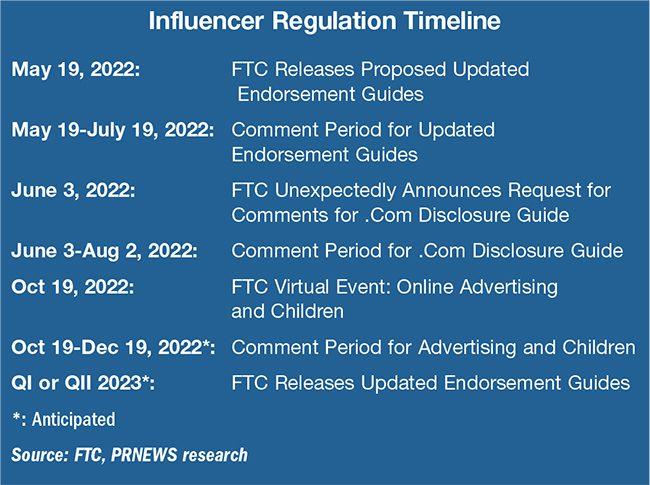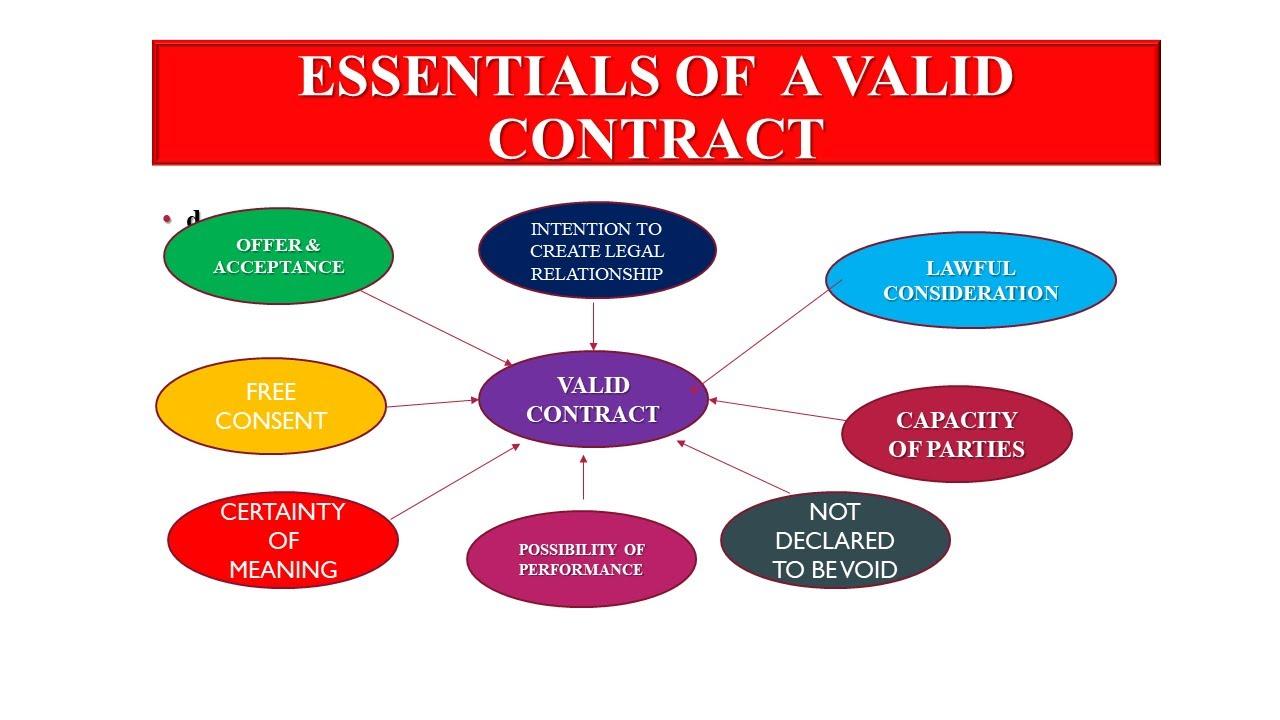
In the bustling digital landscape where creativity meets commerce, YouTubers have emerged as modern-day celebrities, wielding the power to sway opinions and ignite trends with a mere click. However, as influencers climb the ranks of online stardom, they often navigate a complex web of legal considerations that can make or break their success. “Decoding Influencer Marketing: Legal Insights for YouTubers” delves into the intricate regulations and guidelines that shape sponsorships, endorsements, and collaborations in this vibrant industry. From understanding disclosure requirements to navigating intellectual property rights, this article aims to equip influencers with the essential knowledge needed to thrive while remaining compliant. Join us as we unravel the legal intricacies of influencer marketing,ensuring that your creative endeavors soar without stumbling into legal pitfalls.
Understanding FTC Guidelines for youtube Influencers
as a YouTube influencer, navigating the landscape of FTC guidelines is vital for maintaining authenticity and legal compliance. The federal Trade Commission emphasizes transparency, expecting creators to disclose any material connections they have with brands.This means clearly stating when a video is sponsored or includes product placements. Such disclosures help viewers make informed decisions and trust the content they consume. Here are some key points to remember:
- Clear Disclosures: Use terms like “#ad,” “sponsored,” or “paid partnership” in your video title or description.
- Timing is Everything: Place disclosures early in the video and in the description box to avoid viewer confusion.
- Be Consistent: Use uniform language across your channel to foster understanding with your audience.
Moreover, influencers should be aware of the grey areas within these guidelines. While some may wonder if affiliate links count as paid endorsements,it’s essential to err on the side of caution. any relationship that could affect the contentS credibility should be disclosed.below is a simple guide to help influencers categorize their relationships with brands:
| Type of Relationship | Disclosure Required |
|---|---|
| paid sponsorships | Yes |
| Product reviews (Free Samples) | Yes |
| Affiliate Links | Yes |
| Organic Mention | No (but transparency is encouraged) |

Navigating Copyright Issues in Content Creation
Understanding the landscape of copyright is essential for YouTubers looking to protect their original content while also utilizing others’ work legally. Key considerations include:
- Fair Use Doctrine: This legal principle allows for limited use of copyrighted material without permission under certain circumstances, such as commentary, criticism, or education. Familiarizing yourself with what constitutes fair use can help avoid potential infringement.
- Creative Commons Licenses: Many creators share their work under licenses that permit certain types of use. Always check the specific license conditions to ensure compliance.
- Attribution: When using someone else’s content, proper attribution is critical. This not only respects the original creator’s rights but also builds credibility for your own brand.
When navigating copyright, it’s also beneficial to maintain thorough documentation of your own original works. A simple table can definitely help track your content:
| Date Created | content Title | Type | Copyright Status |
|---|---|---|---|
| 2023-01-15 | Vlog: My Travel Adventure | Video | Original |
| 2023-02-10 | Review: Tech Gadgets | Video | Original with Fair Use Clips |
| 2023-03-05 | Tips for Aspiring Creators | Blog Post | Original |
This proactive approach not only fortifies your legal standing but also enhances your ability to manage and monetize your creative assets effectively.

Contract Essentials: Protecting Your Brand and Reputation
Understanding the fundamentals of contracts can significantly safeguard your brand and reputation as an influencer. A well-crafted contract establishes clear expectations between you and brands, preventing potential misunderstandings that could tarnish your image. When working with sponsors, there are several key elements to consider:
- Scope of Work: Define your responsibilities, the content to be created, and the platforms where it will be shared.
- Payment Terms: Outline compensation details,including amounts,payment methods,and timelines.
- usage Rights: Specify how the brand can use your content and for how long, protecting your ownership and creativity.
Additionally, including clauses that address potential disputes and confidentiality can further shield your reputation from unexpected pitfalls. Here’s a simple breakdown of other essential contract components:
| Contract Element | Description |
|---|---|
| Termination Clause | Outlines conditions under which either party can end the agreement. |
| Indemnity Clause | protects you from liability arising from content, ensuring brand accountability. |
| Exclusivity Agreement | prevents you from promoting competing brands during or after the contract. |

Building Transparency: Best Practices for Disclosures and Sponsorships
Transparency is essential in influencer marketing, especially for YouTubers who often engage with their audiences through sponsored content. To build trust and credibility, creators should adhere to best practices when it comes to disclosures and sponsorships. These practices include:
- Clear Language: Use unambiguous phrases such as “Sponsored by” or “Paid partnership” to inform viewers about promotional content.
- Timely Disclosure: Place disclosure statements early in the video, ideally within the first few seconds, to ensure they are noticed by the audience.
- Consistency: Maintain a uniform approach to disclosures across all platforms and content types, reinforcing transparency at every opportunity.
Additionally, YouTubers should familiarize themselves with the legal frameworks that govern advertising, such as the Federal Trade Commission (FTC) guidelines. To summarize these regulations more clearly, the following table highlights key requirements:
| Requirement | Description |
|---|---|
| Clear Disclosures | Promotions must be disclosed in a clear and conspicuous manner. |
| Avoid Misleading Content | Content should not mislead viewers about the nature of the partnership. |
| Honest Opinions | Creators must share genuine opinions about products or services promoted. |
to Wrap It Up
As we conclude our journey through the intricate landscape of influencer marketing tailored for YouTubers, it’s clear that understanding the legal framework is not just a necessity, but a cornerstone of a successful digital presence. Navigating the rules and regulations might seem daunting at first, but with the right knowledge, creators can not only protect themselves but also enhance their credibility in an ever-evolving marketplace.
Remember, the key to a prosperous partnership with brands lies not only in creative expression but also in transparency and compliance. By decoding these legal insights, YouTubers can pave the way for authentic collaborations that resonate with audiences and drive engagement, all while steering clear of potential pitfalls.
As you embark on your influencer journey, arm yourself with the knowledge shared in this article, and embrace the myriad opportunities that lie ahead. After all, in the world of social media, informed creators are empowered creators. So go forth, create with confidence, and let your voice shine – the digital realm is waiting for you.